What are the types of sawdust for smoking?
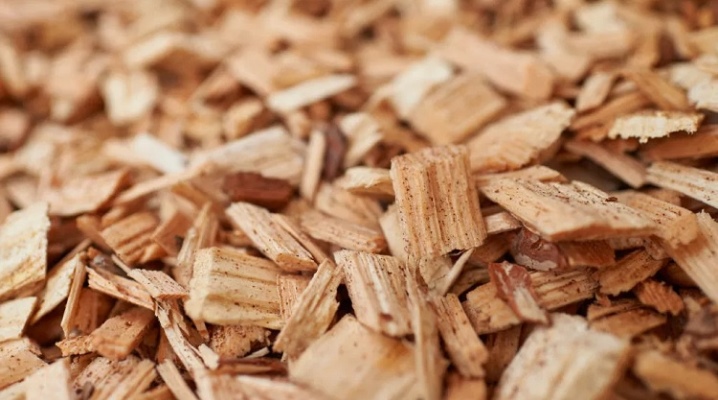
Sawdust is a good fuel for the smoker. Wood material is capable of smoldering, heating the product to high temperatures (about 400-800 ° C). It is this property that is so appreciated when smoking various products. It is easy to prepare sawdust with your own hands from the available wood. It is important to select the breed for the product that will be smoked, so that the dish turns out to be as tasty, aromatic and attractive as possible.
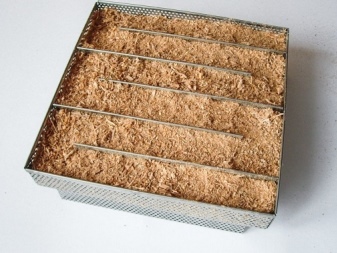
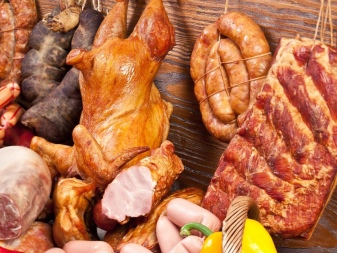
Species overview
Smoked sawdust is used more frequently than other fuels. They are readily available and you can make them yourself. The properties are fully suited to all requirements. A simple material for a smoke generator can be made from fruit or non-fruit wood. There are more popular breeds and those that are rarely used at home.
It is important to know that it is better to refuse needles, although it was used everywhere before. These rocks have a high resin content. This significantly spoils not only the aroma, but also the taste of the finished product.
But if there is no other option, you need to wrap the food in cheesecloth for protection. However, the quality of such smoking will still be extremely low.
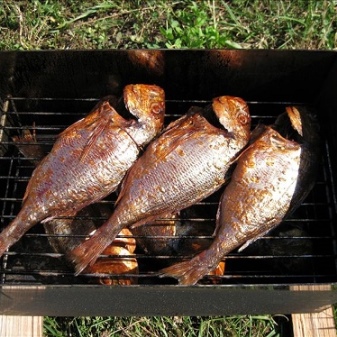
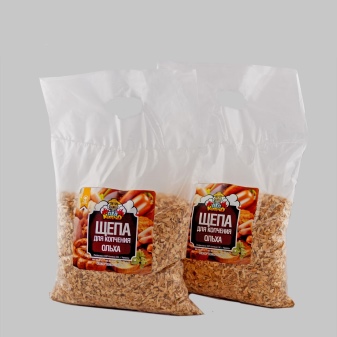
Fruit
Fruit trees are relevant for the smoke treatment of any product. Sawdust is saturated with a large amount of essential oils. This allows less material to be used for the smokehouse. Moreover, the process itself takes place quite quickly and practically without soot. The smoke of the fruit tree is sweet and very fragrant. This significantly improves the taste of smoked products.
Sawdust can be used as a separate fuel or as a component when mixing different species.
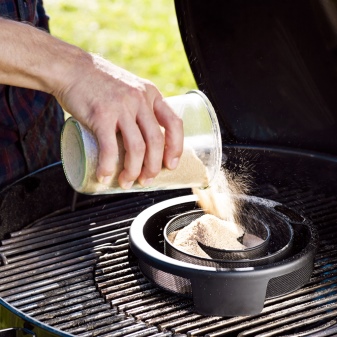
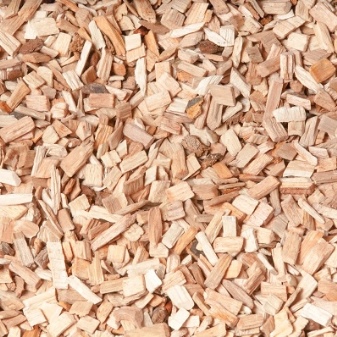
Consider the most popular options and their features.
- Apple tree. Quite often it is used for smoking fish. As a result, the taste is sweetish and the smell is mild. The wood provides a golden finish to the product. It goes well with cherry and oak sawdust.
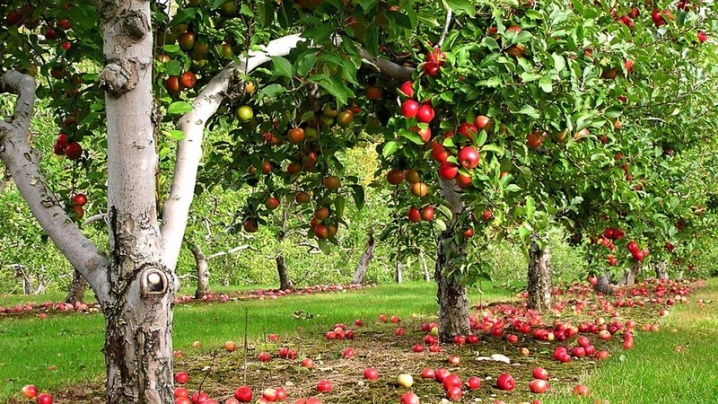
- Cherry. It is often used as a component in a mixture of various types and species of trees. If you smoke only on cherry sawdust, then the product can get a rather specific flavor. Combines well with beech, oak, alder fuels.
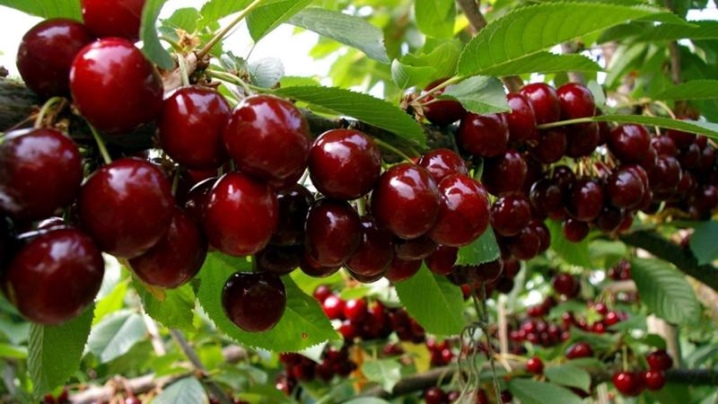
- Peach. The fuel gives the finished product the perfect reddish color. The fruity aroma makes the dish as interesting as possible. It's worth noting that peach shavings add an almond aftertaste. Most often used for fish of different types.
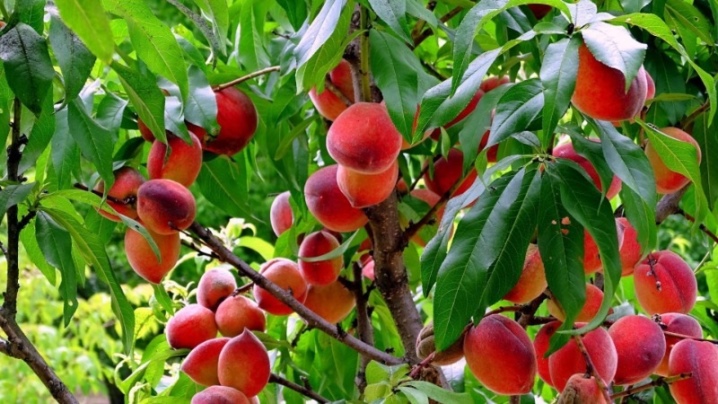
- Pear. After smoking, the products acquire an attractive golden yellow color. The smell is always rich, fruity. Pear sawdust is very fond of gourmets. In this case, it is worth experimenting, because combinations with products are often obtained for an amateur.
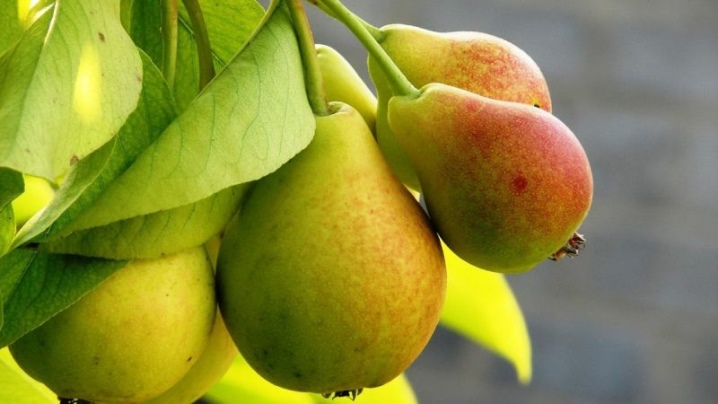
- Apricot. In the southern regions, this type of wood is especially popular for smoking. After steaming, the product turns into a pleasant orange-brown color. Apricot sawdust greatly affects the palate, adding a touch of almond to the aftertaste.
Almost all fruit trees give the product a special yellow tint. If you want more golden, then you can add a little foliage to the sawdust. The bronze color is achieved by mixing alder with cherry.
You can safely experiment with fruit breeds. They are combined with almost all products and have a positive effect on taste.
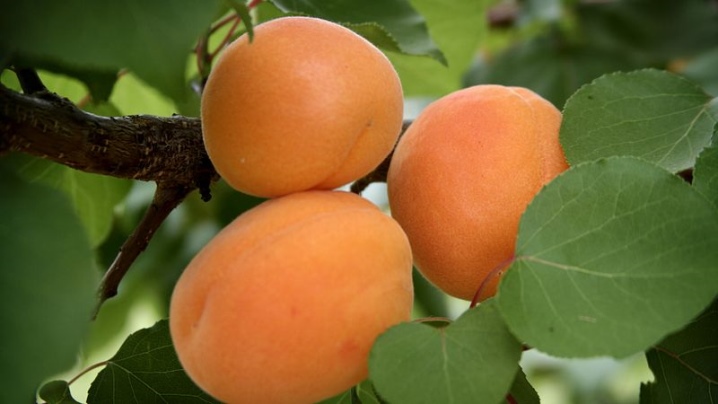
Infertile
The use of birch for smoking is quite interesting. Wood allows you to enhance all the natural taste qualities of the dish and enhances the aroma. However, some experts do not recommend using it due to its tar content. It can impart a slight bitterness. And also tar settles on the surface of the product.
Chestnut and poplar are rarely used. This is not due to poor properties, but to the complexity of preparation. Wood of such species has certain drying requirements. However, when using the material of the required moisture, the result of smoking will be pleasing.
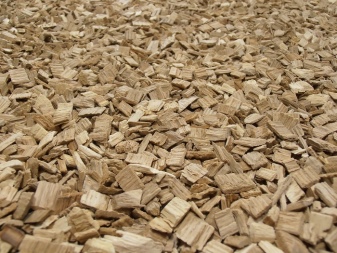
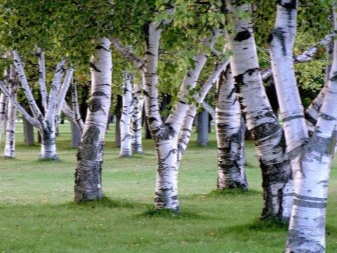
Several breeds for smoking are common.
- Alder. We can safely say that such fuel is used most often. The material easily colors light products in a rich yellow color. Alder sawdust gives a slightly perceptible smell. Alder is better suited for cold smoking, but is generally versatile.
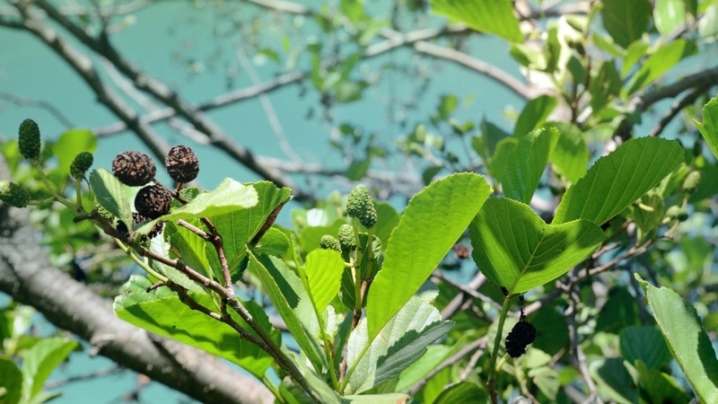
- Beech. A classic solution used by more than one generation of smokers. Beech sawdust is often combined with alder. In this case, the breed adds a slight sourness and astringency to the natural taste of the product.
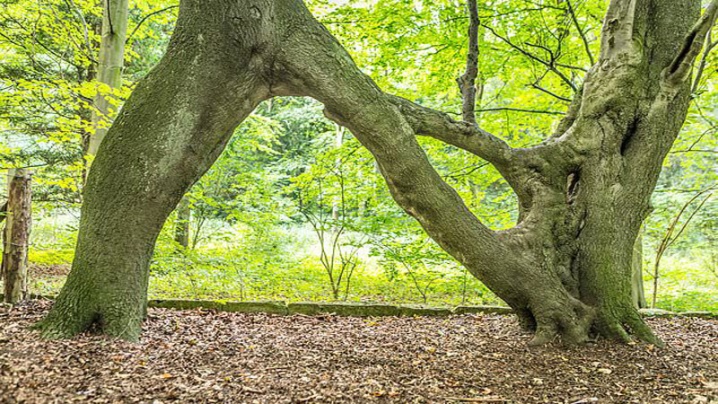
- Oak. It is able to transform the taste of any product, especially fish. Allows you to achieve the perfect balance between piquancy and tenderness. Often used in combination with cherries and apple trees. At the same time, the oak itself stains the product in a rich dark yellow shade.
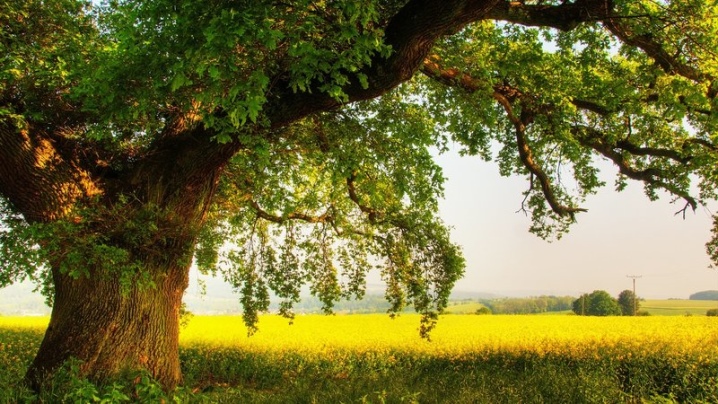
- Maple. Sawdust from this breed gives the dish a sweetish flavor. The scent remains more natural. As a result of smoking, a golden crust forms on the surface.
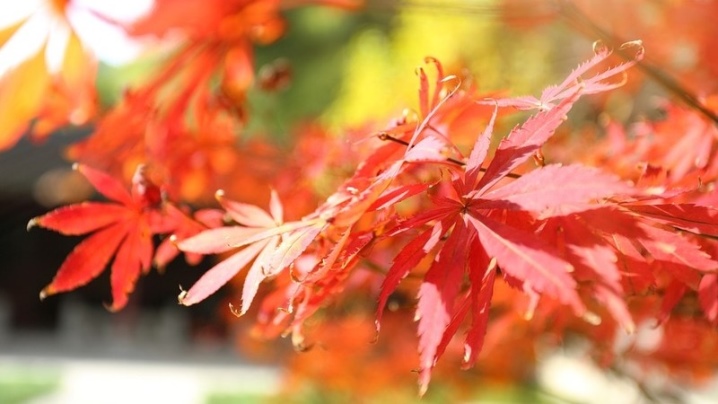
Hardwoods produce odorless smoke. This property has its advantages. Additives are usually added to the mixture, such as eucalyptus branches or grape vines. And also closer to the end of smoking, you can add various spices to the sawdust. Most often, barren breeds are combined with mint, bay leaves, rosemary and sage. Alder and oak sawdust give the food a rich yellow color with an orange tint. But for a more golden shade of the product, maple and linden are suitable.
By mixing different types of wood, special colors and aromas can be achieved. Just keep in mind that smoke also affects taste.
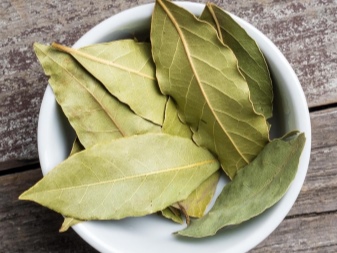
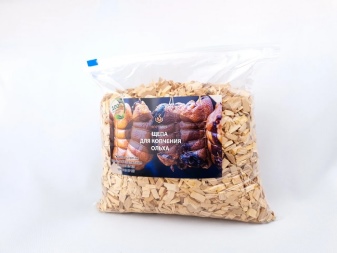
What kind of sawdust is better to choose?
Experienced smokers and lovers of sophisticated taste pay great attention to the compatibility of food products with sawdust wood species. Fuel for cold and hot smoking must be of high quality. It should be noted that in the first case, the product is processed for a long time at a temperature of about + 25 ° C. Hot smoking takes about 3-4 hours at 120 ° C.
There are several combinations of products and sawdust.
- Pork. Oak fuel will maximize the smell and slightly tart aftertaste. For meat, you can use birch, maple and alder. Such sawdust will add sweetness to the taste. Dogwood and blackthorn will provide light astringency. When smoking pork, you can combine different types of wood.
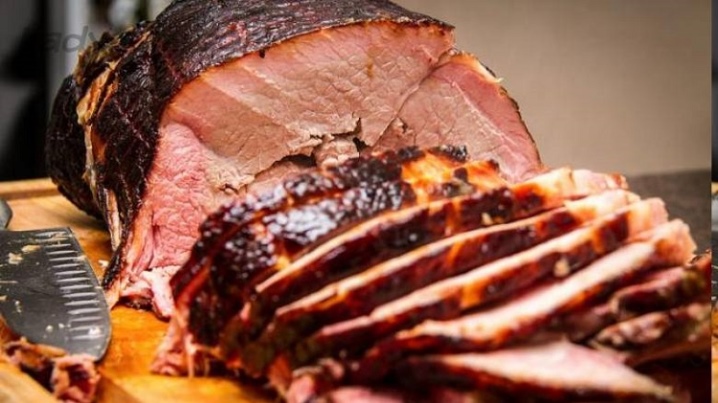
- Salo. It all depends on what kind of result you want to get. The fat is initially white in color, which means it will be easy to stain. Birch and alder are a classic solution. Such sawdust will give a dark yellow hue, and the taste will be slightly sweet. Any fruit species will only make the fat slightly yellowish. For golden color, wood of a red hue is used. Beech cannot be used for bacon, otherwise it will taste bitter. This is due to the poor combination of simple sugars and resin in the breed. Towards the end of smoking, fresh juniper branches can be used. This will make the taste more pleasant and rich.
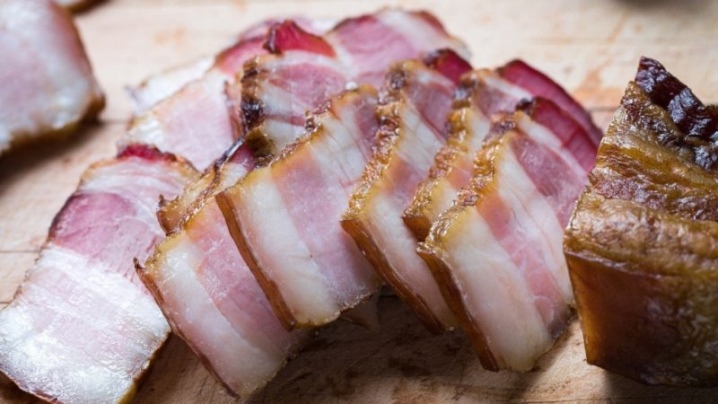
- Hen. Here the choice is individual. Chicken needs hardwood. Smoking will be most successful on birch, maple, alder and beech sawdust.
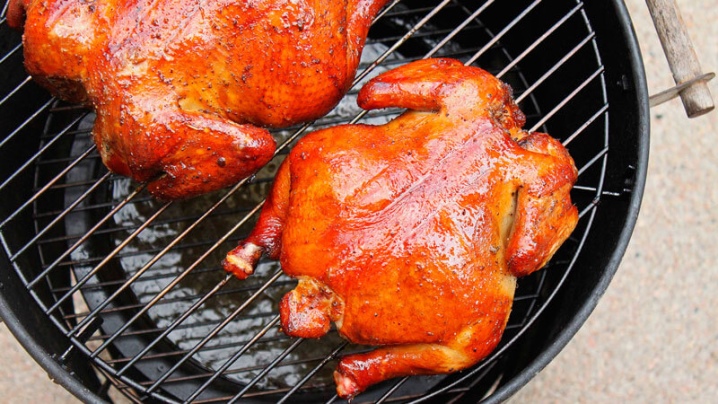
- Cooked smoked sausage. The product will get a rich taste and light astringency if you use oak, acacia or hornbeam when smoking.
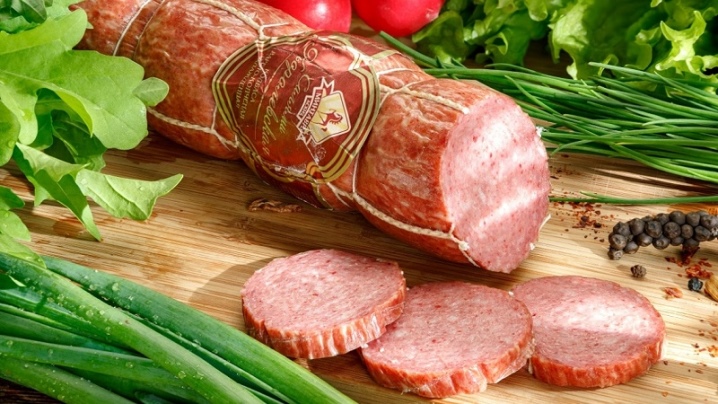
- Mackerel. Typically, these fish are processed with fuel that can provide a pleasing golden or yellow hue. The exact choice depends on personal preference. So, to give a yellow color, you should use alder, birch, maple and beech. Mackerel will turn golden when steamed from mahogany.
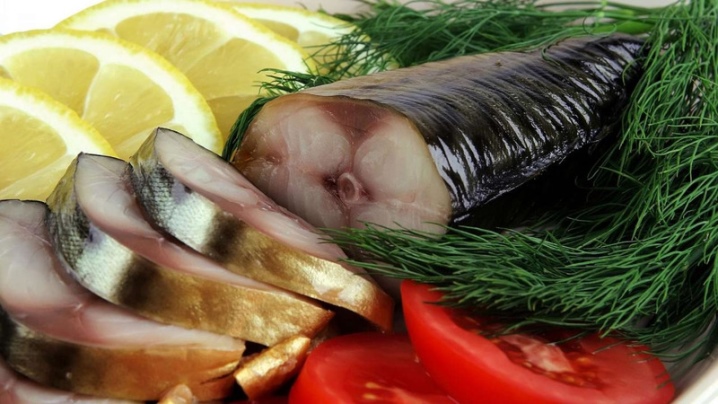
- Prunes. Fruits and dried fruits are smoked quite often. To obtain the desired result, any fruit species of wood is suitable.
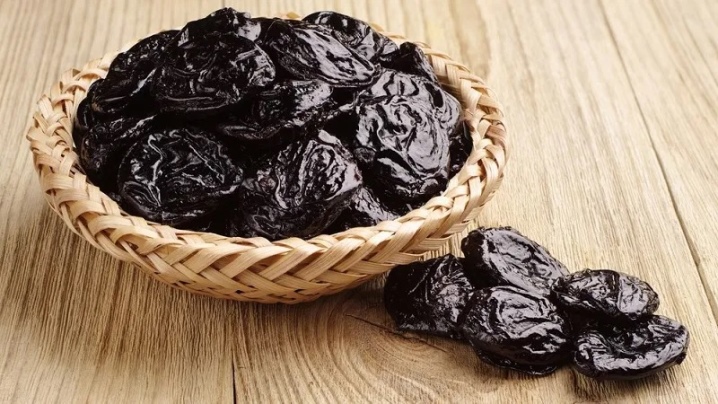
It should be understood that you can not smoke on any sawdust. Many people know that birch bark and conifers cannot be used because of the high resin content. However, there are other nuances, and if you neglect them, the product will be spoiled. Experienced smokers assure that such fuel cannot be used for several reasons.
- High humidity level of sawdust. Such fuel burns very poorly and often goes out. This will make the smoking process of poor quality and will bring a lot of trouble. Smoke will be generated unevenly with a lot of steam.
- The sawdust is too dry. The chips will burn out in a short time. As a result, there will be too little smoke, and the product will simply not have time to cook. This will raise the temperature in the smokehouse higher than necessary. When cooking meat or fish, fat will be released, possibly burning. And also dry sawdust is consumed much faster than those with the correct moisture level.
- If rot, damage from insects is present on the fuel, then it is considered spoiled. Such sawdust produces smoke with an unpleasant odor. As a result, the taste and aroma of the dish will be spoiled.
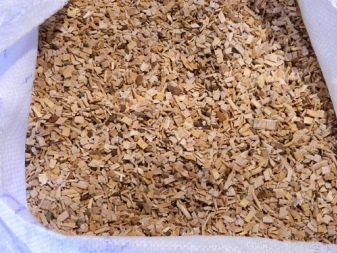
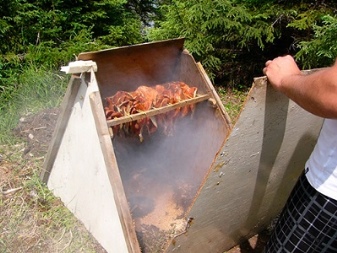
How to prepare correctly?
It is quite easy to prepare sawdust with your own hands. To do this, you must use logs or branches. The wood is sawn into equal pieces, then the material should be planed and chopped. Skills are not required, but it is still worth observing safety precautions. Dry twigs can be harvested in the forest or in your own garden. One has only to monitor the health of the wood. Using a live tree at home is a little trickier. High humidity makes handling slightly difficult. Sawdust can only be used when processing with cold smoke, because they burn at a lower temperature.
For cutting, you can use a hand or electric circular saw. The latter allows work to be carried out faster, which means that it becomes possible to prepare a larger amount of fuel. However, it is much more efficient to use a special shredding machine. The equipment allows you to process wood as quickly and easily as possible.
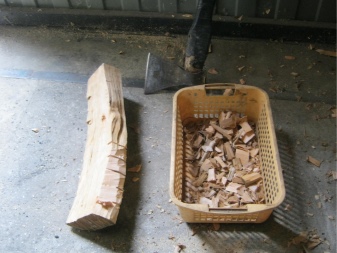
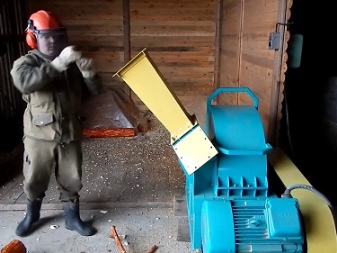
After cutting, the finished sawdust must be soaked in clean water. After a few hours, the material can be taken out and dried. Quality sawdust has a humidity level of 50-70%. The material can be procured for future use. It is convenient to store sawdust in bags or containers with ventilation holes. If there is a lot of fuel, then you can even store it outdoors. True, not on the ground, but on asphalt or other surface. It happens that as a result of long-term storage sawdust dry out. In this case, it is enough to simply spray them with water before use.
Preparing sawdust yourself is not difficult at all. Do not harvest too much if the smoker is rarely used. Better to make fuel literally 1-2 months in advance, no more.
And also packages with sawdust must be signed so as not to confuse the breed.
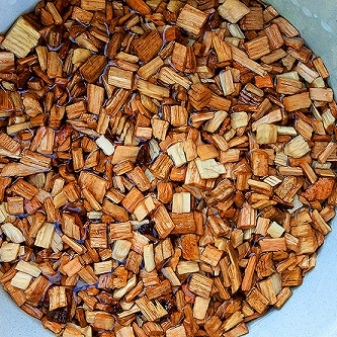
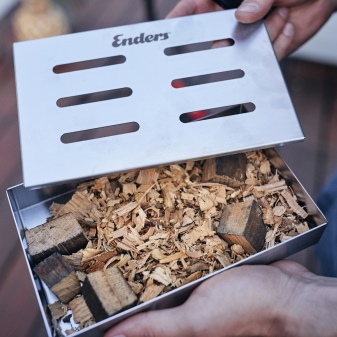
How much to pour into the smokehouse?
It is simply impossible to answer this question unequivocally. Much depends on the type of smoking apparatus. Both the cooking time and the product being processed should be considered. With hot smoking, you will need about 2 handfuls for 1 hour of processing 1 kg of product. Fresh sawdust should be added every half hour to maintain the desired temperature.
Fast smoking is popular at home. You can load fuel once or report it during processing. In the first case, for 2 hours of smoking 2 kg of product, you will need about 6-8 handfuls of sawdust. If we use the additional loading method, then the calculation is the same as for hot smoking.
The cold steaming process takes quite a long time. So, to process up to 20 kg of product during the day, you will need about a bucket of sawdust. In some cases, the consumption is lower, but still it is worth keeping in mind exactly this amount. Note that cold smoking is less popular at home.
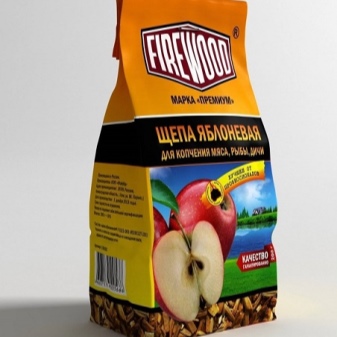
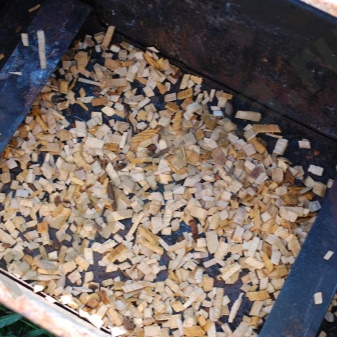









The comment was sent successfully.